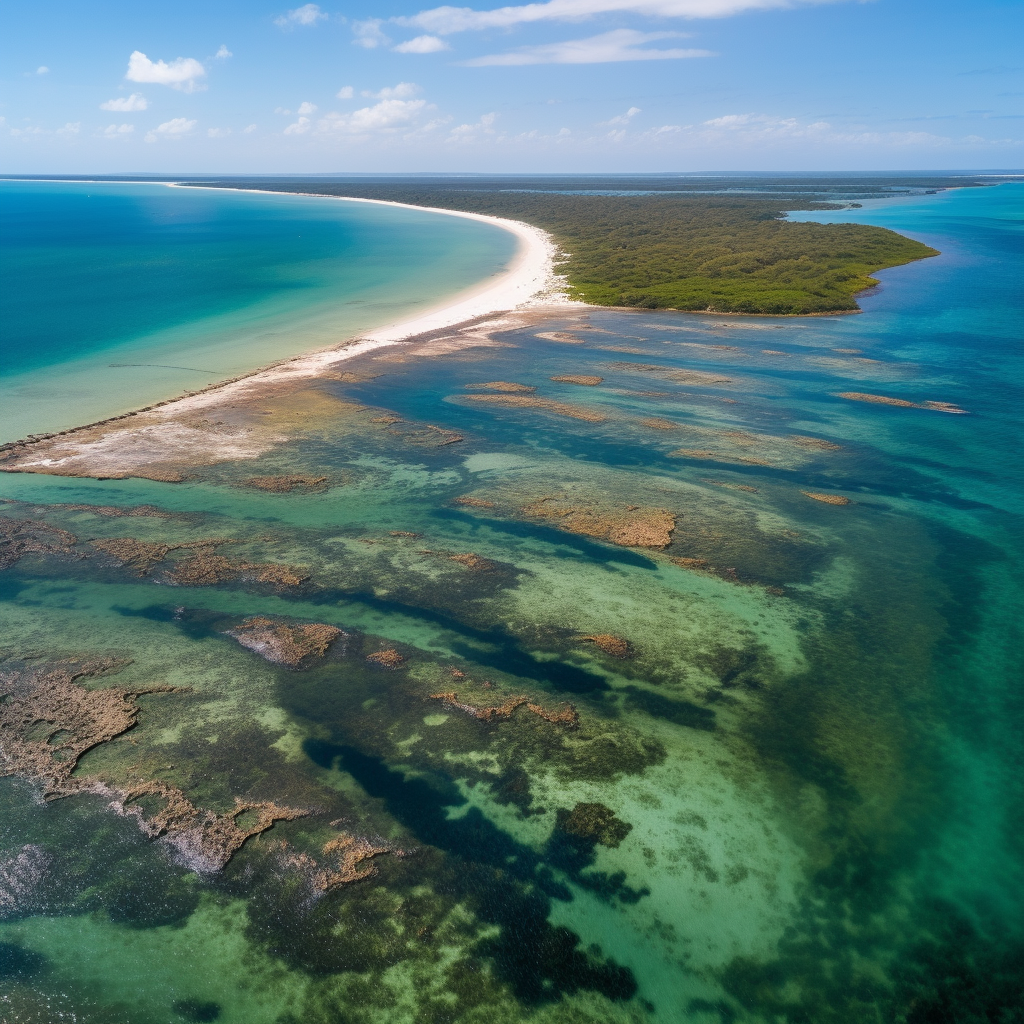May 2, 2023
Climate Crisis Threatens the Fragile Marine Ecosystems of Mozambique Channel
Book a Demo
Climate Change and the Vulnerable Marine Ecosystems of the Mozambique Channel
The Mozambique Channel is a critical region for ocean currents, fish stocks, and oil and gas reserves, making it of significant importance to the region’s economies and livelihoods. However, the unique oceanographic conditions and location of the Mozambique Channel also make it particularly vulnerable to climate change. Recent studies have shown that climate change is causing sea surface temperatures to rise in the Mozambique Channel, which is having devastating effects on marine ecosystems.
One of the most significant impacts of climate change on marine ecosystems in the Mozambique Channel is coral bleaching. Coral bleaching is a direct result of warming waters, and this is causing severe damage to the marine ecosystem. Changes in ocean temperatures are also impacting the distribution and abundance of fish species in the Mozambique Channel, which could have a significant impact on local fishing communities. These changes are likely to lead to a decline in fish populations and can negatively affect the food security of communities that rely on fishing for their livelihoods.
Researchers are using advanced technology such as satellites, oceanographic surveys, and computer models to understand changes in sea level, temperature, and ocean circulation patterns. The study’s findings will help policymakers and industries in the region to adapt to the impacts of climate change by developing sustainable fishing practices and investing in renewable energy sources.
Understanding the ocean’s role in regulating the Earth’s climate is critical, and this study is part of a broader effort to promote global cooperation in addressing the challenges of climate change. Urgent action is needed to protect the fragile ecosystems in the Mozambique Channel and mitigate the impacts of climate change. The unique marine ecosystem in the Mozambique Channel is vulnerable to climate change, including rising sea temperatures, ocean acidification, and extreme weather events. It is essential to work together to protect the Mozambique Channel’s ecosystems, which provide vital services to the region’s communities and the planet as a whole.



